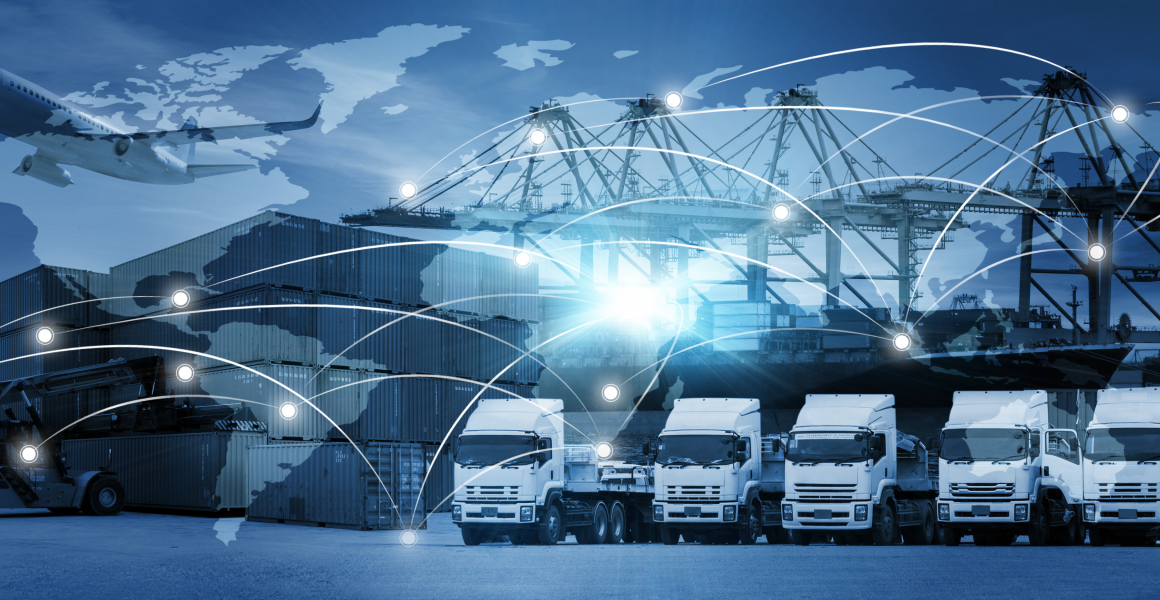2025: Balancing Optimism and Reality in Portuguese Logistics

As the global logistics sector gears up for a 2025 filled with challenges and transformations, Portugal faces unique realities shaped by its strategic geographic position and the nature of its business landscape. In a context where global trends exert a direct influence on the national market, the main challenge will be to balance supply chain modernization with the management of economic and operational constraints that continue to impact the industry.
One persistent issue in Portugal is overcapacity in road transport. Increasing competition between national and international carriers has significantly pressured prices, making it difficult to achieve profitable margins. This reality is particularly challenging for small and medium-sized enterprises (SMEs), which make up the majority of logistics companies in Portugal. Without easy access to financial resources to invest in dedicated fleets or digital technologies, many struggle to keep up with market demands.
Sustainability, on the other hand, is emerging as a priority for Portuguese companies, driven by growing pressure from the European Union to meet ambitious environmental targets. From introducing electric fleets to implementing circular supply chains, the necessary changes demand not only serious commitment but also considerable investments. Despite a lack of robust incentives, some national companies are beginning to adapt, realizing that sustainability is not just an obligation but also an opportunity to win consumer preference.
At the same time, customer demands are intensifying, particularly in e-commerce, which continues to grow in Portugal. The demand for fast, flexible, and precise deliveries is no longer a luxury but a requirement. In the retail sector, companies face increasing pressure to reorganize their logistics processes, often relying on technologies such as warehouse management systems (WMS) and process automation. These transformations are crucial to boosting efficiency and avoiding sales losses, but not all companies are ready to make this technological leap.
The global landscape of economic and geopolitical uncertainty will also have a direct impact on Portugal. International trade tensions, coupled with volatile customs tariffs, could disrupt the flow of goods through key national ports like Sines and Leixões. Additionally, reliance on foreign suppliers is leading some Portuguese companies to consider more regional production strategies, diversifying to reduce risks and increase supply chain resilience.
For Portugal, 2025 will be a decisive year. Logistics companies that can align innovation, efficiency, and sustainability will be better prepared to face the challenges ahead and seize opportunities in a competitive market. However, for this to happen, closer collaboration between the private sector, industry associations, and the government will be essential to ensure that national companies have the support needed to thrive in an ever-evolving environment.
